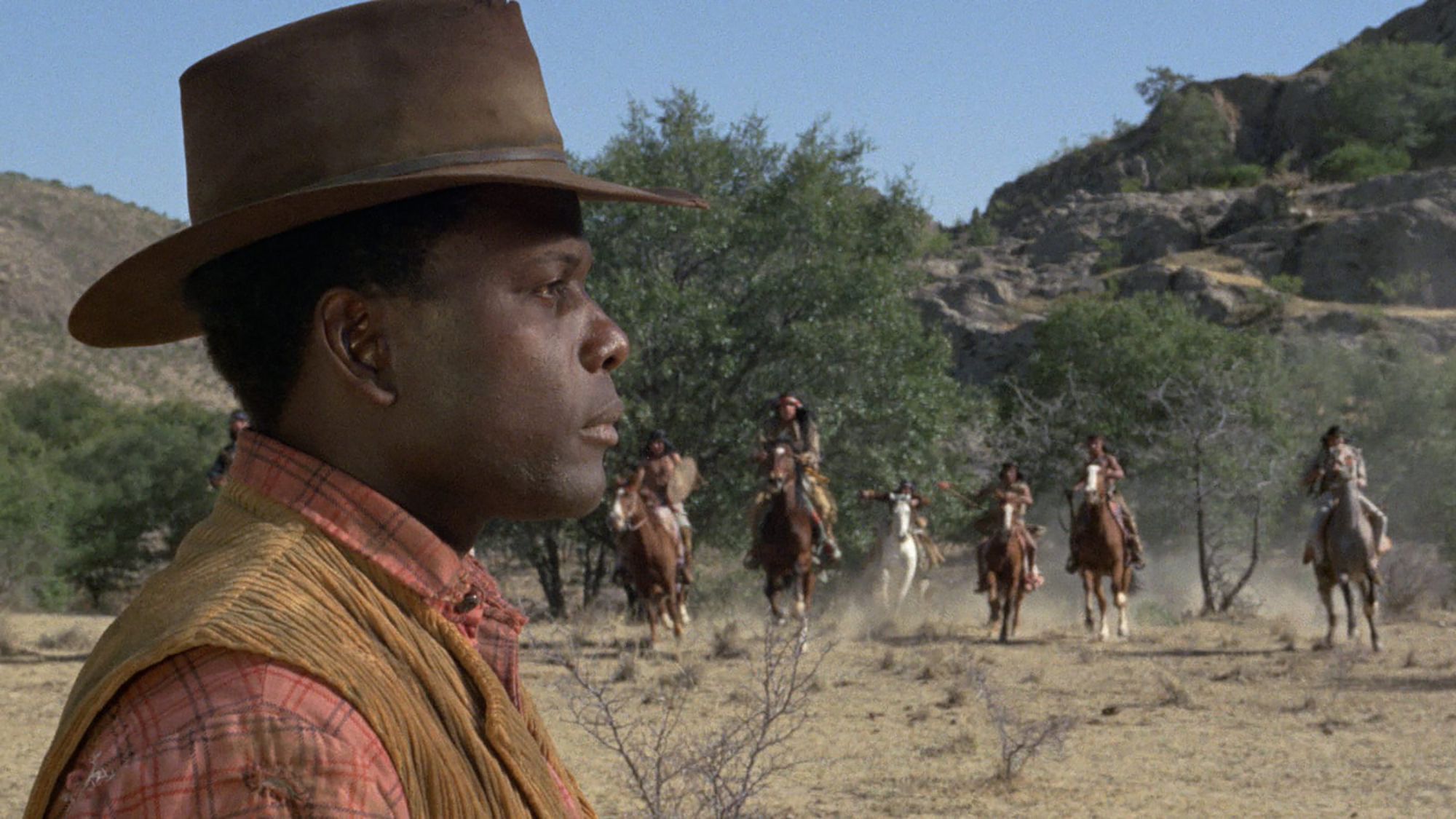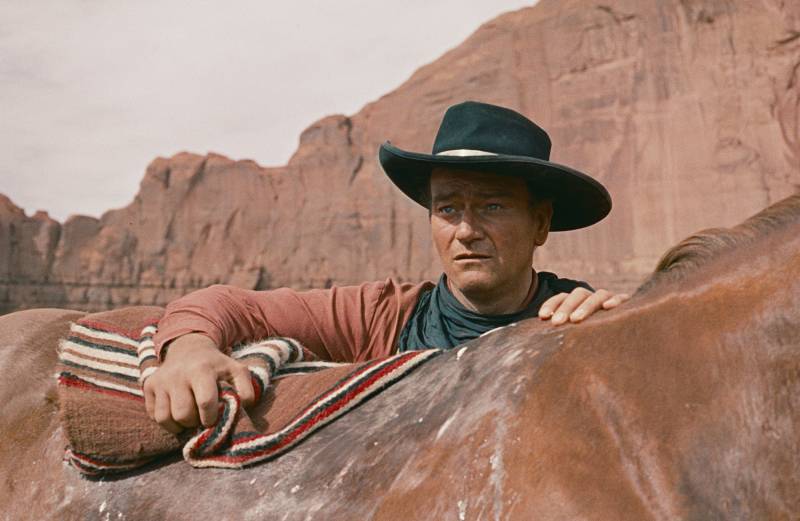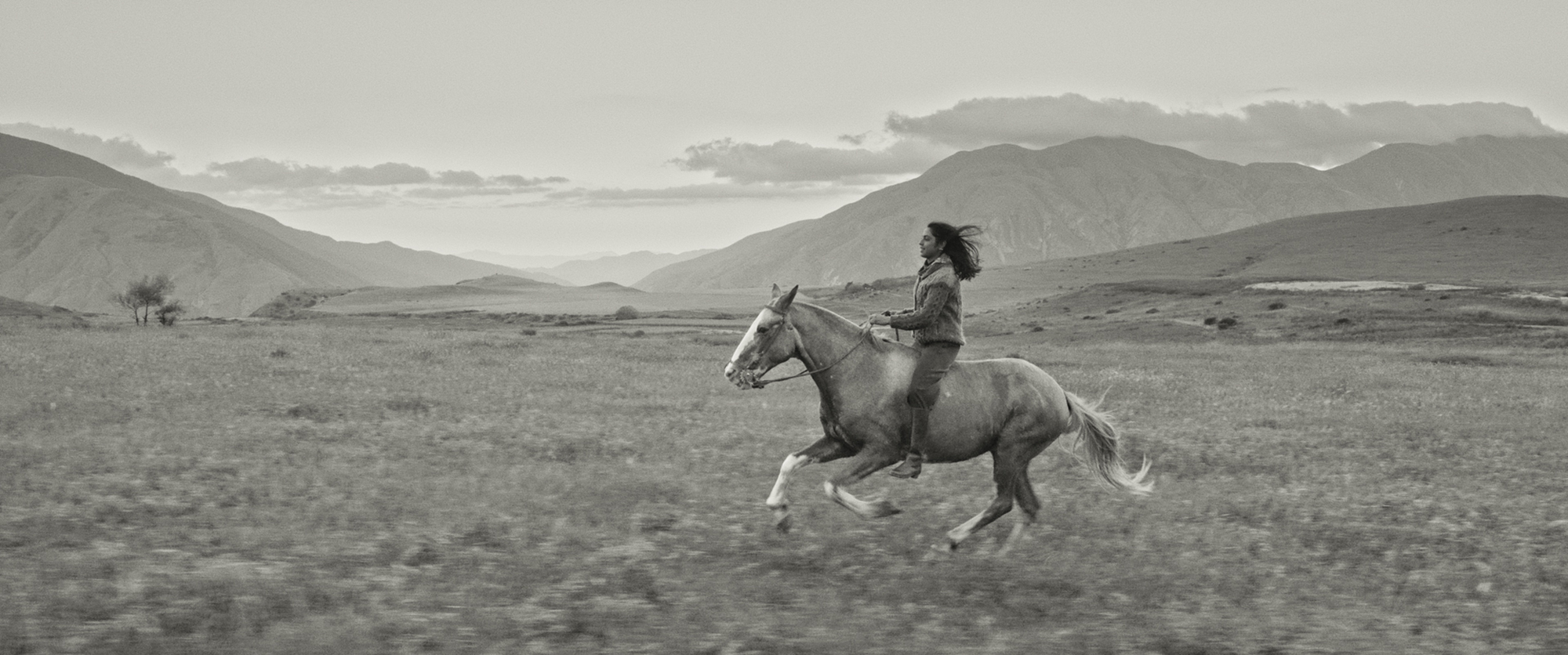Leila Weefur started to notice a shift about five years ago.
Conservative culture was on the rise. Conservative politics were, too. Before long, Weefur watched while archetypes in popular culture followed suit: Yellowstone was a hit. Louis Vuitton released a wild-west collection. Pop stars like Beyoncé and Post Malone went country.
Weefur, a Stanford lecturer and member of The Black Aesthetic collective, began reflecting on being raised in Oakland by a Black Panther mother, who’d often call a young Weefur to her side during climactic scenes in Western movies on TV. For her, American Westerns weren’t just entertainment, but ways of seeing into America’s complex history.

With the upcoming film series Landscapes of Myth: Westerns After ‘The Searchers’ at the Berkeley Art Museum and Pacific Film Archive, now it’s Weefur’s turn, as curator, to show others what they’ve been missing. And if you’re surprised to see a John Wayne film (The Searchers) at a Bay Area museum — with its racist main character and depiction of Native Americans — you’re not alone.
“Some people have had questions around why I’m showing one of the most difficult and troubling Westerns to observe,” Weefur tells KQED. “And it’s because we really needed it to stand in contrast to everything that came after it.”



